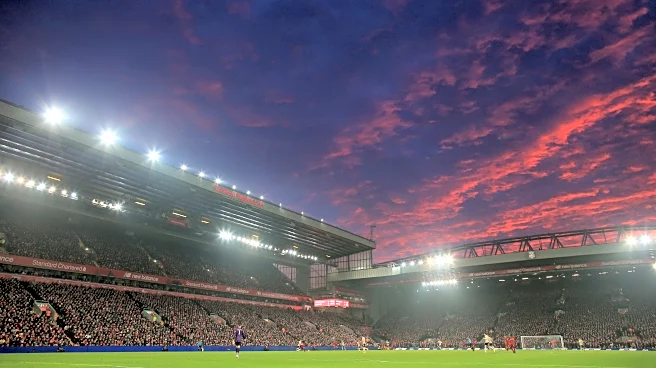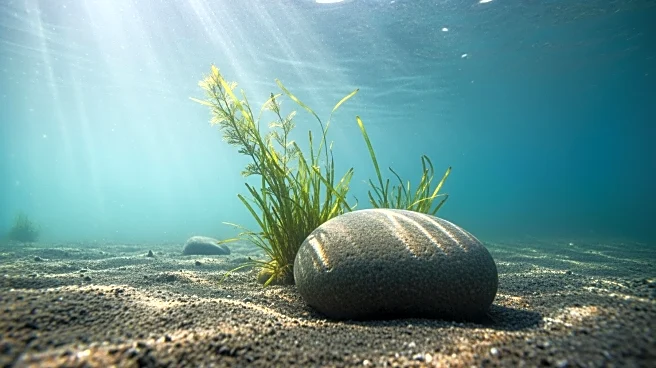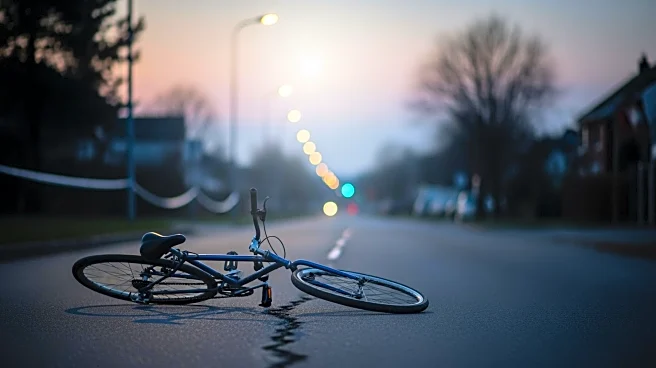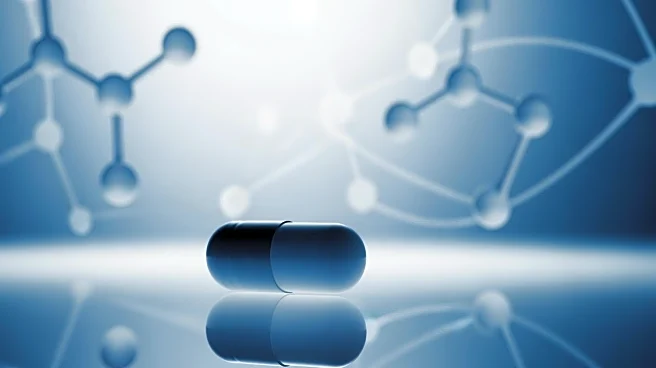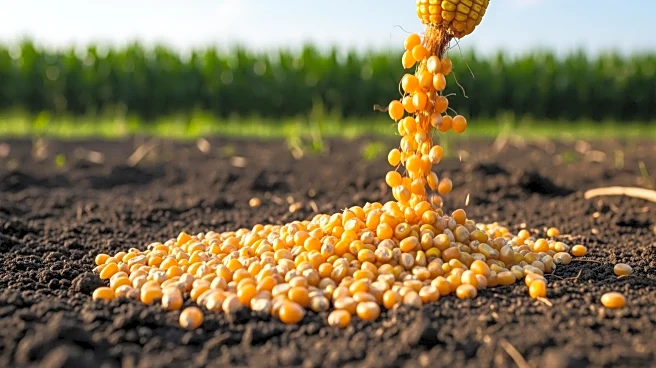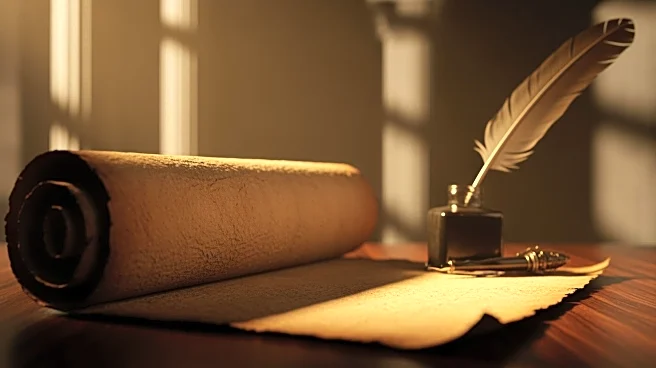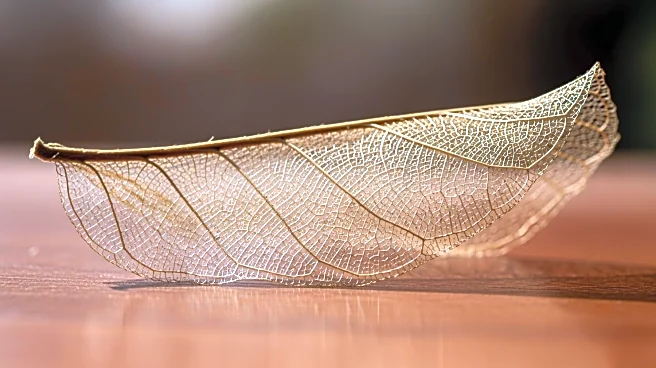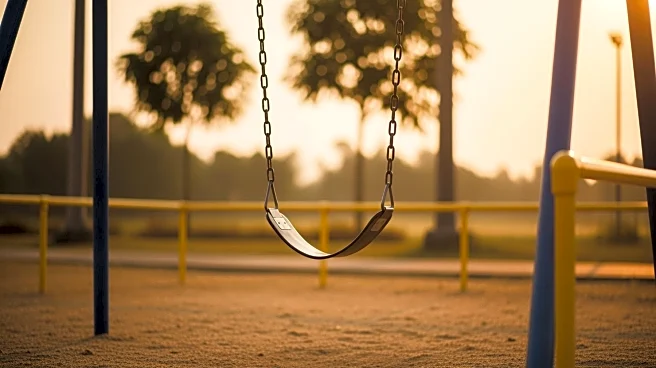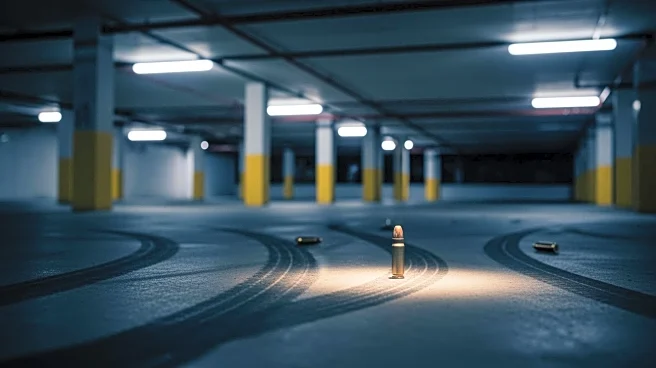Note: the following guest post from community member Dave F. Hoffman contains discussion of themes including depression and suicide ideation.
The rush of adrenaline and anticipation began as soon as my wife and I began our day. The air was crisp, the skies obscured by clouds, and there was a sparkle where the Irish Sea met the River Mersey. We found our place amongst the crowds on a Merseyrail carriage destined for Sandhills Station, thankfully with enough red scarves and embroidered Liverbirds on hand
to convince us we were headed in the right direction.
Stepping on to the platform as our ride came to a stop, I was overcome with emotion. In the distance, towering above the houses, shops, parks, and countless places of gathering, was Anfield.
Go back four years, though, and my day-to-day life had become a constant struggle; my experience felt like that of Sisyphus, the character of Greek myth made to push a boulder up a steep hill only to have it roll all the way to the bottom, forcing him to start the task up again. And again. And again.
What exacerbated those feelings was that, in that time and the place, I knew I had immensely good fortune. I had recently married the love of my life and we had moved to a new and exciting part of the country. Despite being in the throes of the Covid-19 pandemic, I had a challenging but rewarding and secure job. In my mind, struggling didn’t make sense. I knew this, and it only made me feel worse.
In the midst of pandemic, remote work and isolation soon came to define the months, and that began to take a significant toll on my mental health. As a social creature, I had always thrived on connection and community, and though I had a wonderful life partner and secure employment, the isolation began wearing me down. In New York State where we were newly living at the time, the lockdowns were some of the first and strictest in the country. Forming a community became next to impossible.
Making connections in a new place can be difficult at the best of times, but life in the time of Covid further intensified the feelings of isolation. Instead of increasing my efforts to build relationships, then, I retreated. I closed myself off from others, resigned to my seclusion. Soon, that led to panic attacks as I became overcome by feelings of doubt, fear, and isolation.
Confidence in my professional abilities eroded along with that as I retreated further within myself, blocking out any of the optimism and enthusiasm that had, for as long as I could remember, helped define me as a human being. In what would later be identified as a cacophony of anxiety, depression, and catastrophizing, I was constantly imagining the worst possible scenarios in my mind and convincing myself they would come to pass.
Those feelings would snowball. It wouldn’t take long for negative thoughts to grow exponentially from the most minor challenges or issues. During this time, my wife Elsie’s support and love was essential, but as time passed, thoughts of taking my own life were never far from my mind. Then, in the summer of 2021, I received a push notification that would immeasurably and emphatically alter the trajectory of my life for the better.
Targeted advertising and marketing campaigns can at best feel obnoxious, at worst intrusive bordering on predatory and often more than a little creepy. Yet there is one that I credit (along with Elsie’s support) with helping to start to chip away at the mental health crisis I was in the midst of. We already had NBC’s Peacock streaming service to watch the Olympic Summer Games in Tokyo in 2021, and the app must have noticed how many football matches I had also been watching, because it recommended that I tune in for the upcoming Premier League season.
I had casually followed Liverpool Football Club in my undergraduate days at university, but at the time the expense and inconvenience of cable packages prevented me from being able to watch them—or football more generally—on a regular basis. Now, though, those matches were being pushed at me. And as I went along with the app’s suggestion, following LFC began to give me the lifeline I so desperately needed, something to follow along with and the starting of a feeling of being part of a community.
In the days between matches, I consumed as much news and information about the Club as I could (including here at TLO) and began learning all I could about the history of the club as well as of the City of Liverpool itself. Researching the triumphs and tragedies, digging into the history and culture, it all began to feel reminiscent of my days at graduate school, and along the way I quickly fell in love with the idea of Liverpool Football Club. It soon became deeply ingrained within my identity and sense of self.
That 2021-2022 campaign, with Liverpool in the running for a quadruple and winning both domestic cups while eventually coming up agonizingly close in the league and Champions League, will be remembered by most fans for a slew of reasons. For me personally, though, it will always be the season I associate with becoming a full-blooded supporter, and the season when that support of the club helped empower me to overcome what had previously felt unconquerable.
As I dove deeper into my new obsession, I began to feel the sense of community I had so desperately missed though the Covid pandemic and the clouds in my mind began to part in ways that extended far beyond Liverpool and the sport. I felt a greater sense of open-mindedness towards professional help and strategies in my career, reaching out to others more frequently. I also gained the energy and motivation to try to better understand what exactly I was experiencing.
The retreat from the world ended; the seclusion was suspended; the light, finally, was able to overpower the darkness. It would not be until much later I would finally reckon with the feelings I had been experiencing and just how close I had come for a time to ending my own life, lost as I had been in a pain and struggle I thought had no treatment.
Unexpectedly finding joy and meaning through an incredible sense of community tied to a football club on the other side of the world had pulled me back from the brink. It wasn’t in itself perhaps a solution, but without it I’m not sure I would have found that in the end.
At the same time, my lifelong companion threw herself into fully embracing the Liverpool experience. While other folks’ partners may simply tolerate, ignore, or even poke fun at the fundamental silliness of becoming so entirely invested in a professional sports team, she saw the value in my newly found attachment and matched my level of support every step of the way as a way of supporting me.
Her genuine excitement for the matches and even just news and updates brought and brings such joy to my life. We now have a running joke that even when I lace up the boots for a local pickup league I’ve since joined, Virgil is still her favourite footballer. And, really, who could blame her?
Given how much the Club had transformed both our lives by the time we started booking our Covid-delayed honeymoon, Elsie very kindly suggested building it around a weekend in Liverpool, including taking in a match at Anfield against Bournemouth in September of 2024.
The people we found and connected with during our time there were so special. Welcoming, warm, and politely curious about the journey two foreigners from across an ocean had made—and the important role the club had unexpectedly grown to have in our lives. It further reinforced the sense of community that had been so important to me escaping my mental health crisis, and it made the connection I had established with the club feel that much more meaningful and genuine. The greetings, conversations, and well wishes we received outside of the Anfield grounds are just as vibrant in my mind today as the match itself.
Following our Merseyside Pilgrimage, I have found such peace and joy in the years since simply by being able to fire up the streaming service, share the couch with Elsie, our cat Truman, and dog Moxie, crack open a Guinness 0.0, and take in the match—regardless the result. However, it goes without saying that everyone in our household is much happier after a victory, especially the critters, each of whom get a treat following a Liverpool goal.
Being on a boat in the middle of open water is the analogy that now feels most appropriate to describe my experience. The waves come and go, all various sizes and depths, and while just a few short years ago I was ill-equipped to manage their influence, today I am confident in my strategies, even if I know that doesn’t mean the waves will ever fully cease. I recognize the importance of staying vigilant. I know I need to keep rowing.
If you are having thoughts or feelings of suicide, struggles with mental health, or just need someone to connect with, the 988 Lifeline in the United States can be a great first step as can various services of the NHS in England, and these support networks are available 24/7/365. It’s okay to not be okay. It happens to all of us, mostly, at one time or another, and I more than anything I would encourage you to reach out.
Connect with loved ones, share your feelings, seek out a feeling of shared community be it large or small. For those on the other side of it, if you know of someone experiencing thoughts of suicide, one of the most effective things you can do for them is to simply be there without judgement. Don’t be afraid to acknowledge and talk about suicide, as research has shown that this can in fact reduce those thoughts and feelings.
In the end, I just want to emphasize that your life is without a shadow of a doubt worth living. This world is so much better with you in it. And I am so, so grateful to now be one bit of fabric in the magnificent tapestry that is made up of Liverpool supporters. Some days will be harder, but with the support of community, of loved ones, and the joy that can come from newly discovered or revived passions, you can find the golden sky at the end of the storm. We must all keep an eye out for one another and ensure that, as long as the ball is round, You’ll Never Walk Alone.

